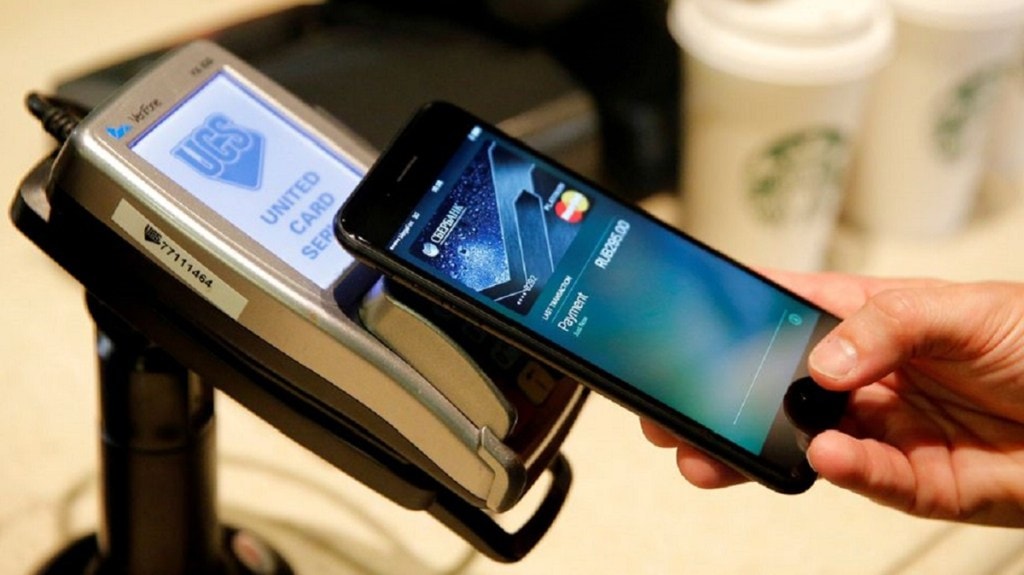– By Rishi Chhabra
Showcasing resilience, India’s digital payments ecosystem has certainly evolved this past year. While the pandemic-accelerated adoption of digital services could be seen as a primary reason, the same wouldn’t have been possible without the increasing acceptance and demand for digital payments by consumers and businesses. Irrespective of the form factor, consumers today want payment solutions that are safe, secure, convenient, and easy to use. This consumer demand, coupled with a supportive regulatory environment, has led to India becoming a bedrock of innovation. The fast-evolving fintech space has also propelled all players in the ecosystem to change their business models by adopting new technology to match the rising consumer demands of convenience, speed, and adaptability.
2022, the year of consumer and business payments transition
The use of cashless payment methods has changed how acquirers, payment gateways, processors, and payment service providers (PSP) among others, function and do business. These participants in the payments ecosystem all play a role in creating a new digital payments environment that is secure and user-friendly. With significant transformation in both the consumer and B2B payments landscape, India’s transition to non-cash payments continues to be on a good track. Hence, as we enter into 2023, here’s a crystal gaze into key trends that will dominate the digital payments industry.
Omnichannel payment capabilities – From elevating customer experience to maintaining competitive advantage
According to a commissioned study conducted by Forrester Consulting on behalf of Fiserv, Inc., 62 per cent of Indian consumers indicated they are highly likely or certain to look for alternative options if their payment needs are unmet, and 46 per cent indicated they will reduce spending unless they can use their preferred payment channel.
Offering a consistent and integrated payment experience across payment and purchasing channels enhances the customer experience. Additionally, optimising payment processing and leveraging customer data to deliver customized offers and experiences can enable businesses to gain a competitive edge.
Convenient, fast and secure transactions for better consumer experience
Be it in-store, online, or on-the-go payment acceptance, providing convenience, speed and security is imperative. According to the same study, 83 per cent of consumers indicated that ease and convenience are the key attributes that they look for in a preferred payment partner. A crucial component of customer engagement strategies today is balancing seamlessness and convenience with security and data privacy. Tokenisation is an excellent example, as it brings additional safety and security to card-based transactions, while adding much needed convenience for consumers. With evolving consumer needs and preferences, businesses must provide multiple payment options that suit the individual needs of each consumer, and also ensure each payment type meets the consumer’s basic needs of convenience, speed and security.
The future of payment technologies is customer-centric
Consumers want to pay in many different ways and thus it becomes essential to create a structure that enables multiple types of interactions. Financial institutions and fintechs can create personalised payment experiences and insightful services that help cultivate lasting relationships and customer loyalty. According to the Fiserv study, at least 50 per cent of businesses are willing to increase their investment in analytics to better understand their consumers. A successful payments ecosystem will depend on the capacity to comprehend client needs – and their customers’ needs – and then apply that knowledge to build customer-centric solutions.
2023, a year of omnicommerce and customer-centric payments trends
The growth trajectory of digital and alternative payments in India is impressive. India’s payments ecosystem is utilising solutions from banks, fintechs, and public institutions with a customer-centric mindset to make the digital payment experience as smooth, efficient, and safe as possible for both consumers and businesses. In this time and age, where every decision lies in the hands of the consumer, businesses must take every step to meet the expectations of consumers ― be it by elevating the consumer experience through omnichannel payment capabilities, or securing consumer data to gain their trust, better understand their behaviour and deliver customised propositions. Being ahead of the curve is synonymous with gaining a competitive advantage. In such a vibrant, quick-paced industry, the financial technology ecosystem in India is well-prepared to set new benchmarks as we see these new trends consolidate.
(Rishi Chhabra is the SVP & General Manager at Fiserv for India and Sri Lanka)

